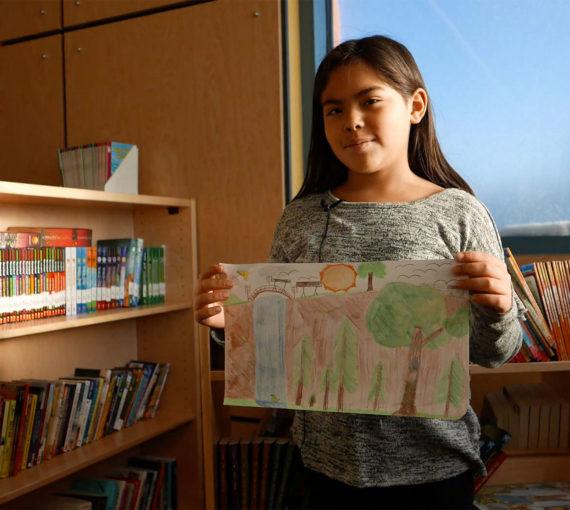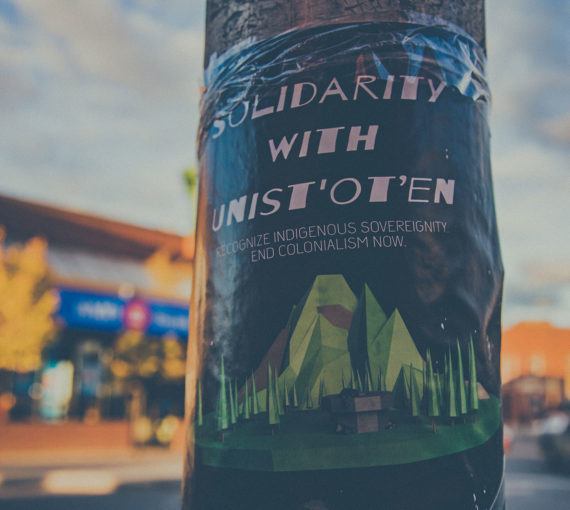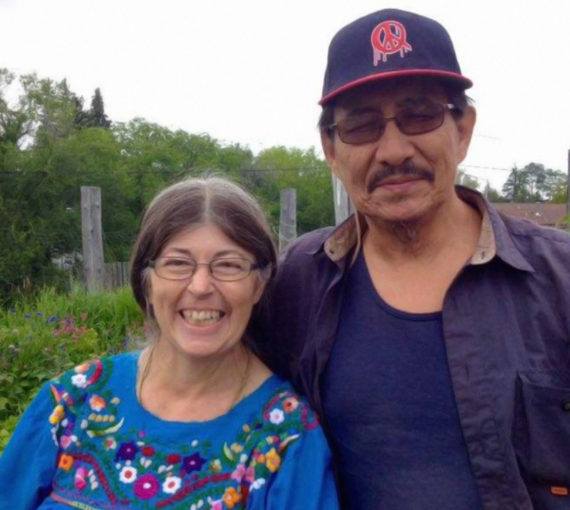“The land gives us resources. The land gives us wildlife. If we don’t take care of the land, it will eventually reject us.”
Those were the words of Jared, one of many teenagers who attended a workshop on Indigenous-led conservation in Thunder Bay on January 15, 2019. Hosted by the David Suzuki Foundation and Ontario Nature, the event brought together First Nations and community and government representatives to discuss the challenges, strategies and importance of Indigenous leadership in protecting and stewarding the land.
Romeo Saganash, member of Parliament for the Quebec riding of Abitibi—Baie-James— Nunavik—Eeyou, spoke of the need for Indigenous Peoples to take action in the face of continued government inaction.
“The problem in this country is that our governments and corporations and our allies of corporations do not respect the law,” he said. “They don’t respect the rights of Indigenous Peoples.”
Saganash became a lawyer to better understand and advocate for his rights and the rights of all Indigenous Peoples in Canada.
We have a role to play. [Indigenous youth] have a role to play. They’ll be following us after.
Romeo Saganash, MP
“We have a role to play,” Saganash said. “[Indigenous youth] have a role to play. They’ll be following us after.”
Laura Mae Lindo, member of Parliament for Kitchener, highlighted the environmental racism that exists throughout Canada.
“Racism that has the most long-lasting effects are when laws and policies are put into practice that will harm some groups — racialized folks, Indigenous folks — more than others, and that’s where my concern comes in,” she said.
In a particularly passionate plea, First Nations activist Judy DaSilva asked the youth in attendance to shout out, and to keep shouting out for their rights over their lifetimes.
“That’s our strength, is our voices,” she said. DaSilva suffers from mercury poisoning, a lasting legacy of untreated mercury waste that was dumped by a paper mill company in the 1960s and 1970s into the Wabigoon River, just upstream from Grassy Narrows, DaSilva’s home. The First Nation continues to deal with the devastating effects 60 years later.
Putting in place industrial limits is one of the most important ways to protect nature and safeguard well-being for everyone, said Rachel Plotkin of the David Suzuki Foundation.
“We support Indigenous decision-making over traditional territories,” she said. “And we fully recognize that this decision-making is not only about conservation; it’s also about where industry goes and how industry works.”
The Thunder Bay workshop is one of many the David Suzuki Foundation is organizing across Canada to promote and support Indigenous-led conservation.


